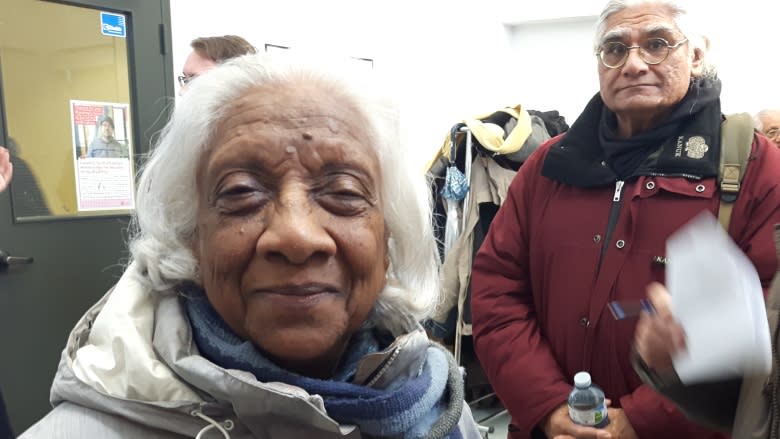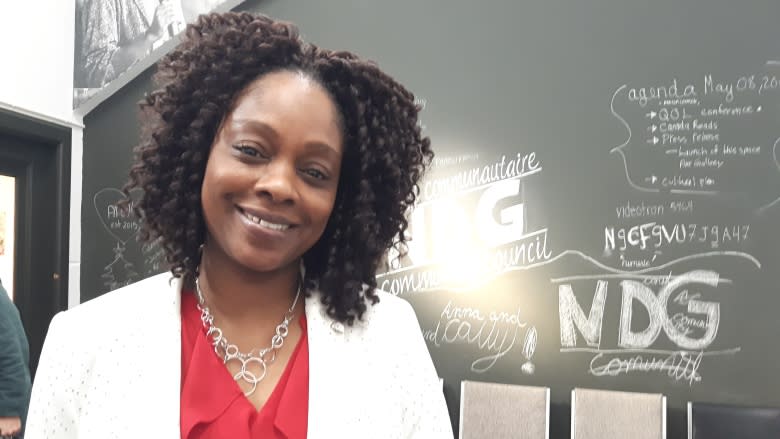Community groups say process to make Montreal more 'age friendly' not inclusive enough
More than a dozen community groups say the city's process to make Montreal more "age friendly" is still not inclusive enough, despite some improvements.
The Plante administration had come under fire because the consultations were either too hard to get to or there wasn't enough English.
As a result, the city translated its online survey into English and added more consultations: one in Côte-des-Neiges, the other in Pierrefonds-Roxboro.
But critics say the consultations still exclude seniors from various cultural communities.
Madhuram Nambiar, who is in her 80s, hails from India but Montreal has been her home for 50 years. She speaks English and Tamil.
Nambiar considers herself fortunate because she has a network of support such as RECAA, Resource Ethnoculturelles contre l'abus envers les aîné(e)s. It's a non-profit organization founded by elders from cultural communities.
"I'm a gabber. I can say hello and I know a bit of French, so I can carry on," said Nambiar, adding that there are other seniors from diverse communities who remain isolated.
The consultations are meant to gather feedback on a 2018-2020 action plan to make Montreal a more "age-friendly city."
Nambiar thinks a big issue is getting around.
"Montreal is a city you can walk, but there is no resting place." said Nambiar.
Michael Udy, president of Seniors Action Quebec, says the city should work more in tandem with seniors' groups throughout the consultations.
"They should be done with community organizations that can really assure that the minority groups that we're concerned about… actually come and tell the city what's on their mind."
Kim Sawchuk agrees. The director of a Concordia-based project on aging was one of the professors who wrote an open letter to Mayor Valerie Plante, criticizing the process.
Sawchuk said the city is holding more consultations on pets than people.
"Why are they doing less than optimal consultations with older adults? They have eight consultations for the animal control issue."
Tania Callendar, executive director of the African Canadian Development and Prevention Network, says the city will only be able to help seniors if it works with community groups on a daily basis.
"The outcome is much better when you are able to relate and you feel like the person has walked a minute in your shoes," said Callendar.
The community groups are calling for consultations to go into the spring, instead of wrapping in February — in the middle of winter when it's more difficult for seniors to get out.
But the city says the seniors' action plan is bound by a timeline for funding.
"We're going to speak to our partners at other levels of government to see what can be done," said Rosannie Filato, the city official in charge of the consultations. "Obviously we don't want to jeopardize our financing."



